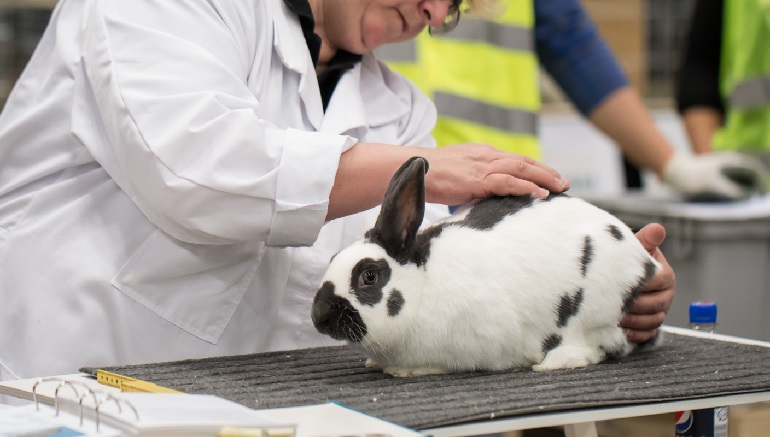The Controversial Issue of Animal Ethics
Essay topic: Beyond the Cage: Navigating the Complex Landscape of Animal Ethics
Answer:
The ethical treatment of animals has emerged as a focal point of contention, sparking debates that transcend cultural, scientific, and moral boundaries. While some argue for the inherent rights and welfare of animals, others assert that human interests and necessities often take precedence. This essay delves into the multifaceted realm of animal ethics, exploring the ethical considerations surrounding animal use, experimentation, and rights.
Utilitarian arguments often underpin the ethical considerations surrounding animal use, with proponents asserting that the benefits to human society, whether in terms of food production, medical research, or economic interests, justify the utilization of animals. Critics, however, question the ethical implications of prioritizing human interests over the well-being and intrinsic value of sentient beings.
The use of animals in scientific research is a contentious issue, with proponents contending that such experimentation is vital for advancing medical knowledge and developing treatments. Opponents raise ethical concerns about the suffering experienced by animals during experiments, the reliability of results, and the exploration of alternative research methods that do not involve animal testing.
The industrialization of animal agriculture has become a focal point of ethical debates, particularly concerning factory farming practices. Advocates for animal welfare emphasize the need for humane treatment, while critics highlight the environmental impact, health concerns, and ethical considerations surrounding mass production and intensive farming methods.
The concept of animal rights asserts that animals have inherent value and are entitled to certain fundamental rights, similar to human rights. This perspective challenges the notion of animals as mere resources for human use and advocates for legal protections against cruelty, exploitation, and unnecessary harm.
Cultural attitudes towards animals vary globally, with different societies ascribing distinct ethical values to animal treatment. Understanding these cultural variations is essential for fostering respectful dialogue and devising ethical frameworks that consider diverse perspectives on the relationship between humans and animals.
Some argue that individuals bear a personal responsibility in promoting ethical treatment of animals through their consumer choices. This perspective encourages the adoption of cruelty-free products, supporting sustainable practices, and raising awareness about the ethical implications of various industries that exploit animals.
In summary, the discourse surrounding animal ethics encapsulates a spectrum of perspectives, ranging from utilitarian considerations to the assertion of inherent animal rights. As society grapples with ethical dilemmas related to animal use, experimentation, and rights, it becomes imperative to seek a balance that respects both human interests and the welfare of sentient beings. The ethical treatment of animals necessitates ongoing dialogue, scientific advancements, and a collective commitment to reevaluate practices that impact the lives of animals in our shared world.












